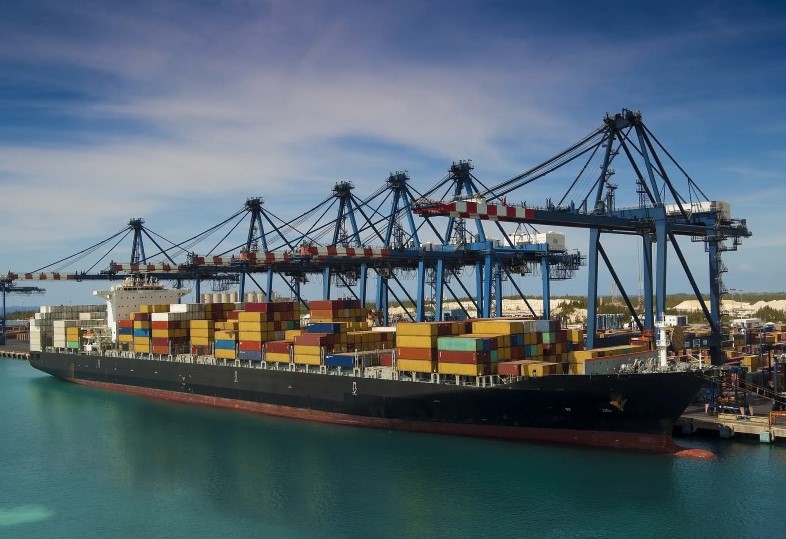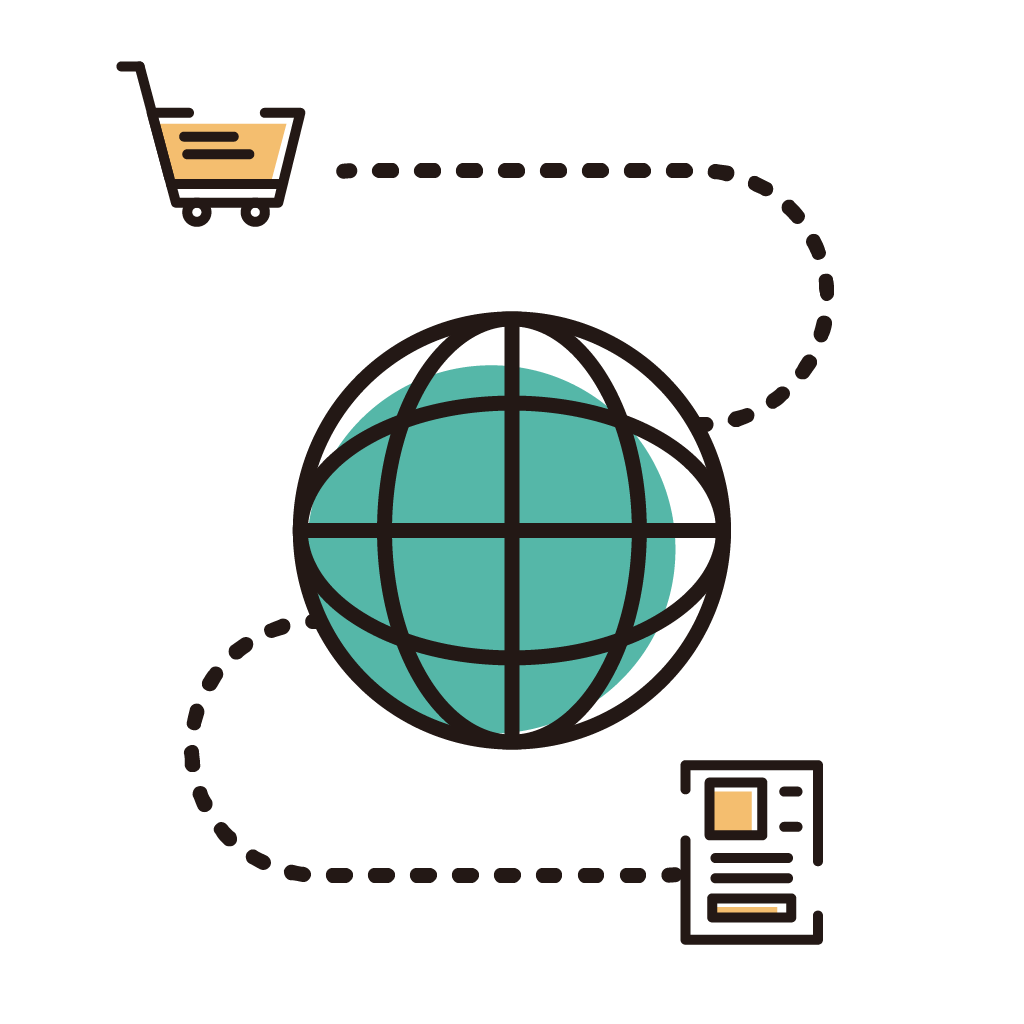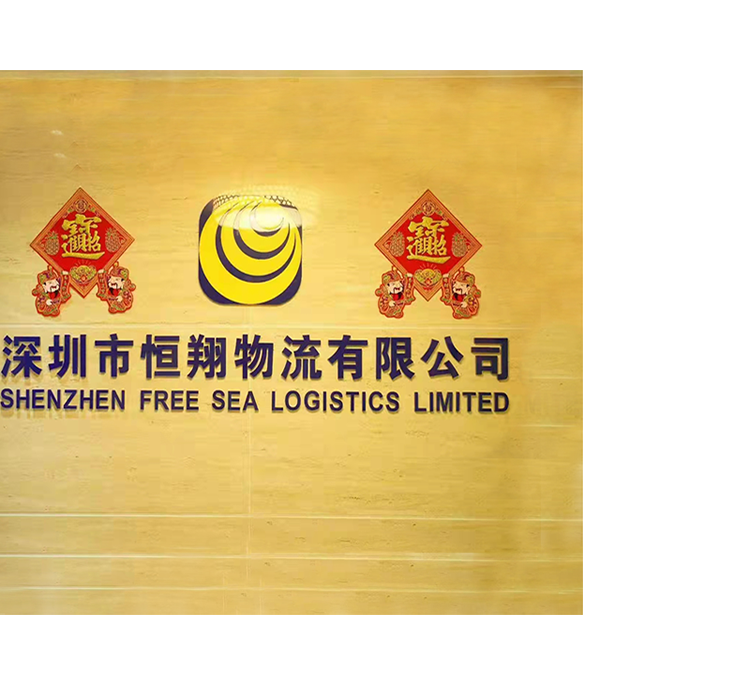Small and medium-sized enterprises (SMEs) are increasingly looking to expand their operations into overseas markets. However, many SMEs are unaware of the challenges involved in international shipping. This is where freight forwarding can help.
Freight forwarding is the process of arranging the transportation of goods from one country to another. Freight forwarders can handle all aspects of the shipping process, including customs clearance, insurance, and documentation. This can save SMEs a lot of time and hassle.

Services offered by freight forwarders
Freight forwarders offer a variety of services, including:
Customs clearance: Freight forwarders can help you with the customs clearance process, which can be a complex and time-consuming process.
Insurance: Freight forwarders can help you obtain insurance for your shipment, which can protect your goods in case of damage or loss.
Documentation: Freight forwarders can help you with the preparation of the necessary documentation, such as shipping invoices and packing lists.
Transportation: Freight forwarders can arrange for the transportation of your goods by air, sea, or land.
How to choose a freight forwarder
When choosing a freight forwarder, it is important to consider the following factors:
Experience: The freight forwarder should have experience in shipping to the countries where you are planning to export your goods.
Reputation: The freight forwarder should have a good reputation for providing quality service.
Cost: The freight forwarder should be able to provide you with a competitive quote for their services.
Customer service: The freight forwarder should have a good customer service team that can answer your questions and address any issues that may arise.
How freight forwarding can help SMEs expand overseas markets
Freight forwarding can help SMEs expand overseas markets in a number of ways. First, it can help to reduce the cost of shipping goods. Second, it can help to ensure that goods are delivered on time and in good condition. Third, it can help to manage the complex process of customs clearance.
Examples of how freight forwarding has helped SMEs
A small manufacturing company in the United States was looking to expand its operations into the European market. The company hired a freight forwarder to help them with the shipping process. The freight forwarder was able to negotiate favorable shipping rates and ensure that the company's goods were delivered on time and in good condition. As a result, the company was able to successfully expand its operations into Europe.
A retail company in the United Kingdom was looking to sell its products online to customers in the United States. The company hired a freight forwarder to help them with the shipping process. The freight forwarder was able to provide the company with a variety of shipping options, including air express and ocean freight. The company was able to choose the shipping option that best met its needs.
An e-commerce company in China was looking to ship its products to customers around the world. The company hired a freight forwarder to help them with the shipping process. The freight forwarder was able to provide the company with a variety of shipping options, including air express, ocean freight, and ground transportation. The company was able to choose the shipping option that best met its needs.
The future of freight forwarding
The freight forwarding industry is expected to continue to grow in the coming years. This is due to a number of factors, including the increasing globalization of trade and the growth of e-commerce.
Freight forwarders are also expected to continue to innovate and develop new technologies to improve their services. For example, some freight forwarders are now using blockchain technology to track shipments and improve transparency.
Conclusion
Freight forwarding is an essential service for SMEs that are looking to expand their operations into overseas markets. By using a freight forwarder, SMEs can save time and money, and ensure that their goods are delivered on time and in good condition.























